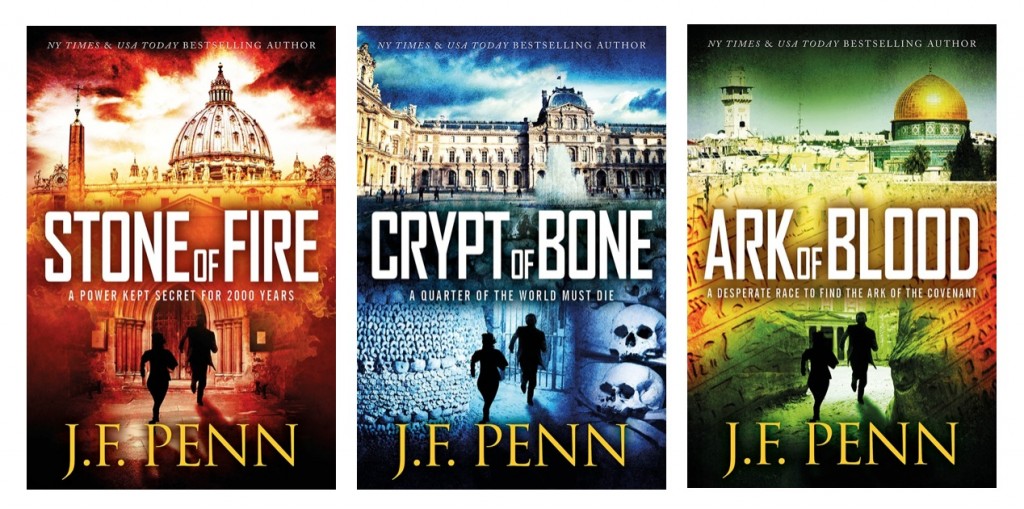This post by Heidi Cullinan originally appeared on her blog on 5/15/13.
Tonight Twitterverse roared with outrage over Kendall Grey’s post on Authors for Life where she bemoans the fact that sometimes, publishing is hard. Grey spent four years writing and a great deal of money and effort promoting an urban fantasy trilogy; it tanked. She wrote an erotic novel she describes as a “piece of trash” in two months, spent much less in promotion and gave it much less effort, and that book made some decent money. She’s angry that she wasn’t rewarded for her “beautiful, artistic” book and that by selling out she made money. Grey writes:
I know it’s depressing to hear that in order to find success, you may have to compromise your principles. I’ve come to grips with the fact that in the current market, trashy smut sells, and urban fantasy does not. Tough shit for me. If you want to sell books, you have to feed the market what it craves.
Grey goes on to state that
once you’ve done your part to feed the reader machine, and you get paid ridiculous amounts of money for publicly shaming yourself and lowering your standards, you’ll be armed with the power to write what you want.
I think the best place to start in response is to take a moment to acknowledge where this kind of selfish, angry thinking comes from, and like most things gone awry, it starts from something well-meaning. We could build several acres of affordable housing out of the stacks and stacks of books, blogs, and inspirational memes urging writers to write from the heart, to follow your vision, to let your voice ring out and be heard. The problem is that almost always after that advice comes the promise that should a writer (or any artist, really) follow this path of purity, success and happiness will unquestionably follow.
It’s not that this promise isn’t true, exactly. It’s that for far, far too many writers “success and happiness” gets equated with “lots of money and fame.” Here’s the reality of making art: the brass ring is BRASS, not gold. To believe even for a moment that simply producing the work of one’s heart means one will now be a bestseller is beyond naive. To proceed as if commercial success is due because of one’s effort or expenditure is embarrassingly foolhardy. But most of all, publicly ridiculing readers, especially one’s own, is a hanging offense, and anyone who commits it will very quickly feel the cinch of a brutal noose.
Read the full post on Heidi Cullinan’s blog. Note that it contains strong language.

